Indigenous Governance Database
intergovernmental cooperation
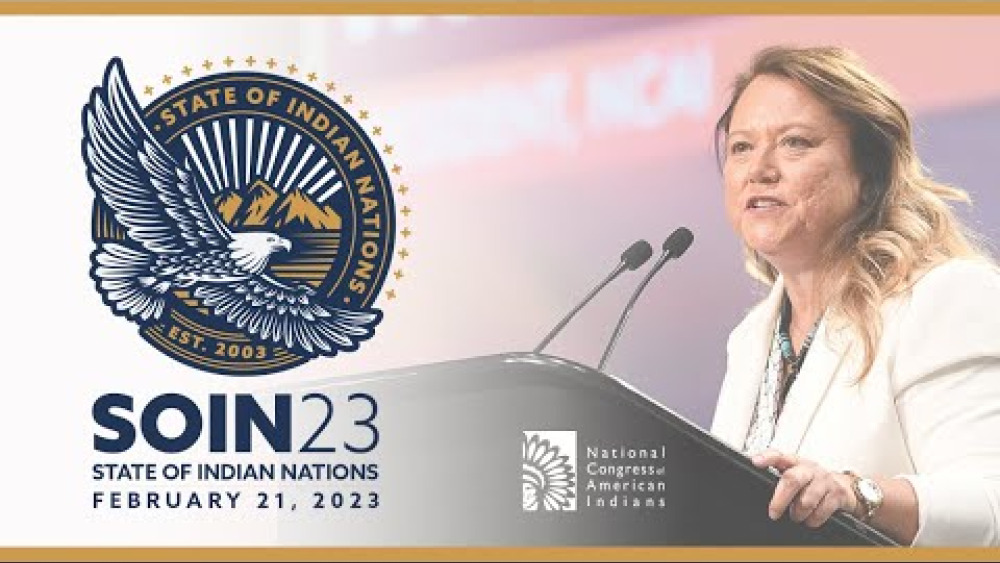
State of Indian Nations 2023 Address (SOIN23)
Each year, the President of the National Congress of American Indians presents the State of Indian Nations address to members of Congress, government officials, tribal leaders and citizens, and the American public. Typically delivered during the week that the President of the United States delivers…
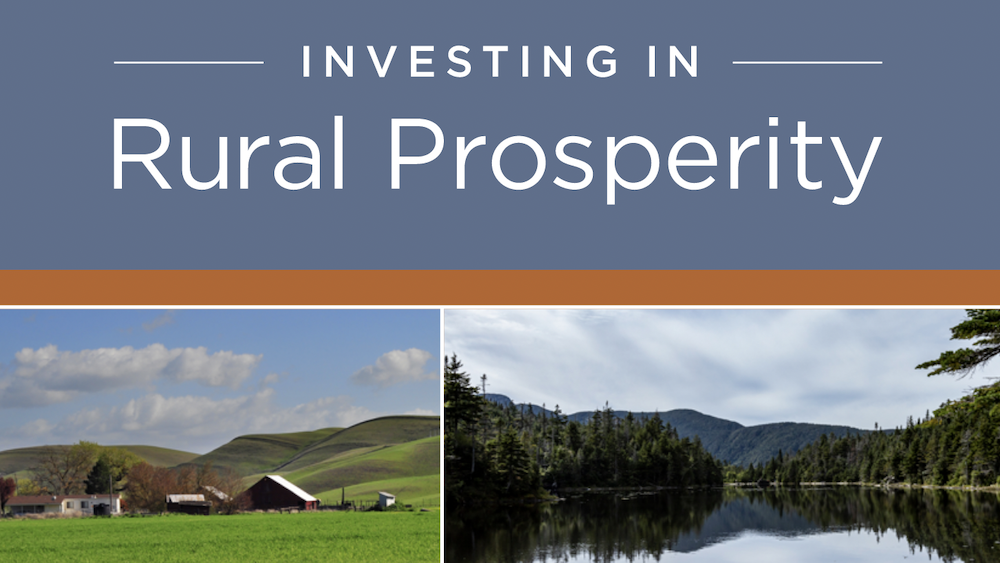
Investing in Rural Prosperity Chapter 7: Native America x Rural America: Tribal Nations as Key Players in Regional Rural Economies
The seventh chapter in Investing in Rural Prosperity, "Native America x Rural America: Tribal Nations as Key Players in Regional Rural Economies", outlines the diversity of Native nations, including with respect to governmental structure and economic opportunity. It also explores the history and…
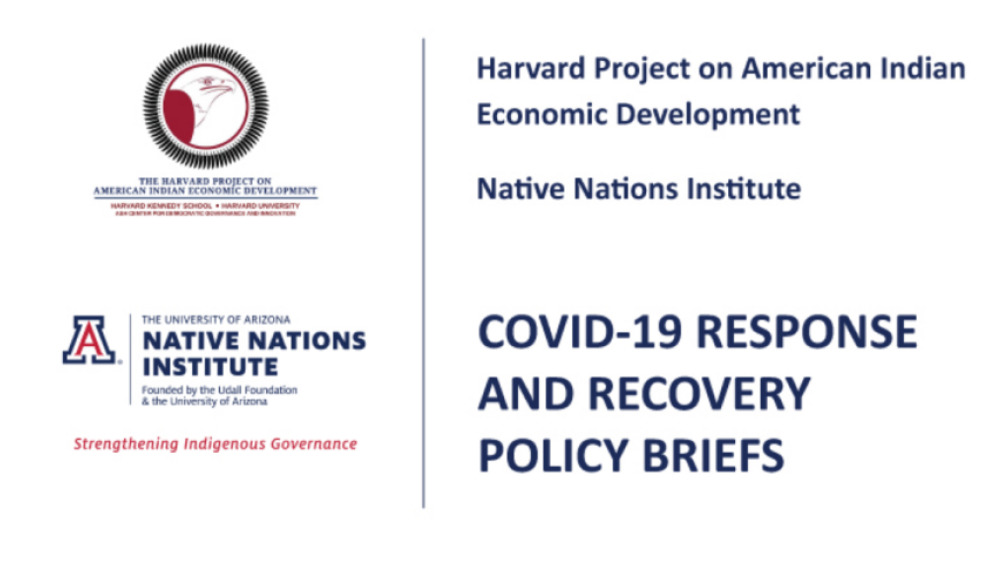
Policy Brief: Federal COVID‐19 Response Funding for Tribal Governments: Lessons from the CARES Act
The federal response to the COVID‐19 pandemic has played out in varied ways over the past several months. For Native nations, the CARES Act (i.e., the Coronavirus Aid, Relief, and Economic Security Act) has been the most prominent component of this response to date. Title V of the Act earmarked $8…
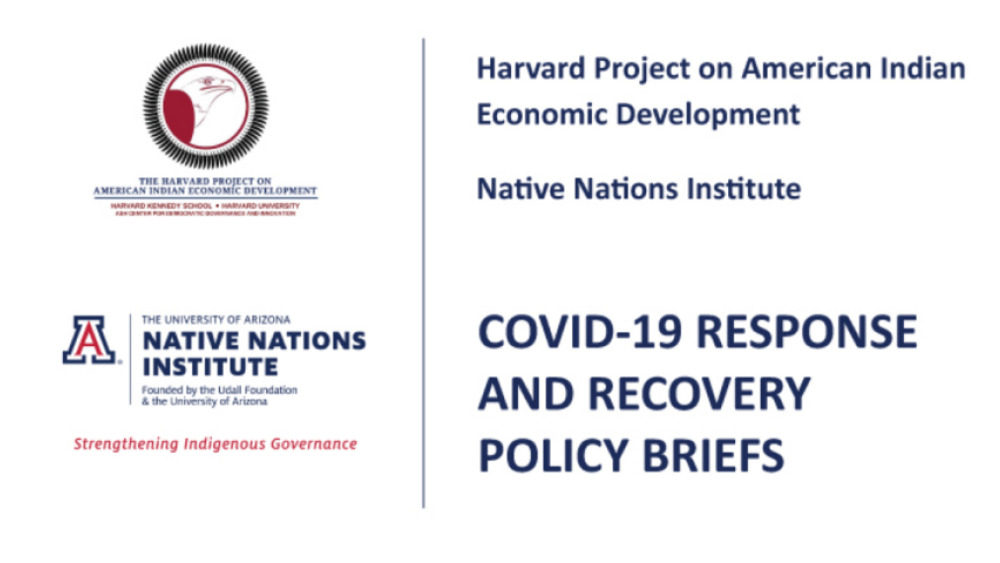
Policy Brief: Proposal for a Fair and Feasible Formula for the Allocation of CARES Act COVID‐19 Relief Funds to American Indian and Alaska Native Tribal Governments
Title V of the CARES Act requires that the Act’s funds earmarked for tribal governments be released immediately and that they be used for actions taken to respond to the COVID‐19 pandemic. These may include costs incurred by tribal governments to respond directly to the crisis, such as medical or…
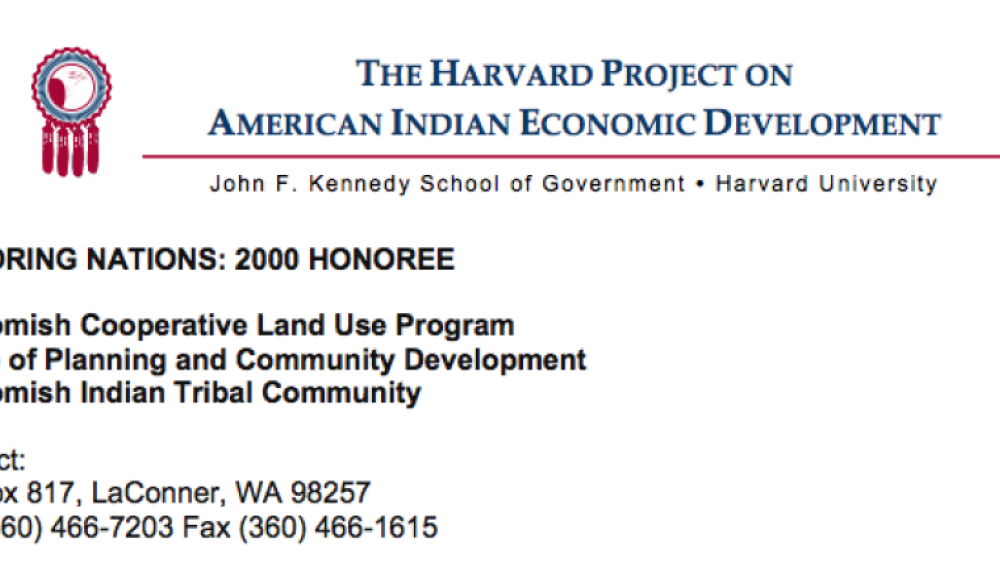
Swinomish Cooperative Land Use Program
Based on a memorandum of agreement between the Tribe and Skagit County, the Swinomish Cooperative Land Use Program provides a framework for conducting permitting activities within the boundaries of the "checkerboarded" reservation and offers a forum for resolving potential conflicts. The process,…
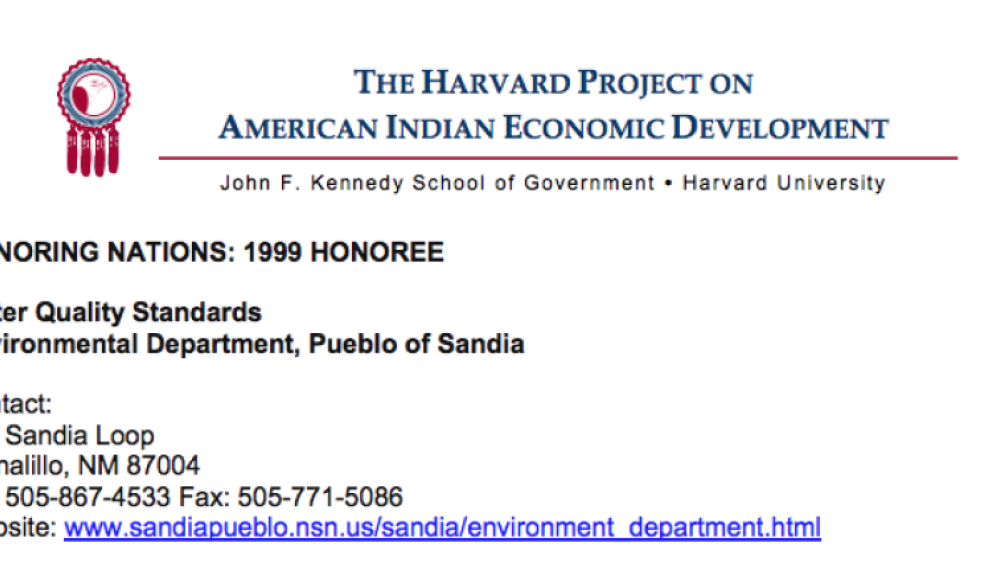
Water Quality Standards (Sandia)
Responding to the severe contamination of the Rio Grande River that threatens human health and ceremonial uses of the water, the Pueblo was awarded "treatment as state" status in 1990. Subsequently, the Pueblo developed and implemented US EPA approved water quality standards that give it control…
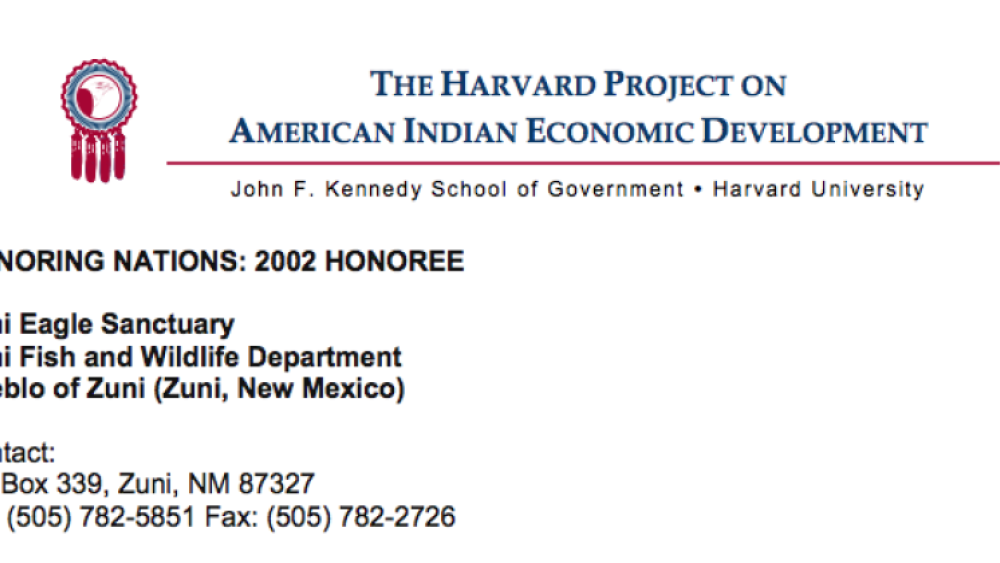
Zuni Eagle Sanctuary
Responding to ceremonial needs for eagle feathers, in 1999, the Pueblo opened the first-ever Native American owned and operated eagle sanctuary. The award-winning facility provides a source of molted eagle feathers for Zuni while at the same time reviving the ancient practice of eagle husbandry.…
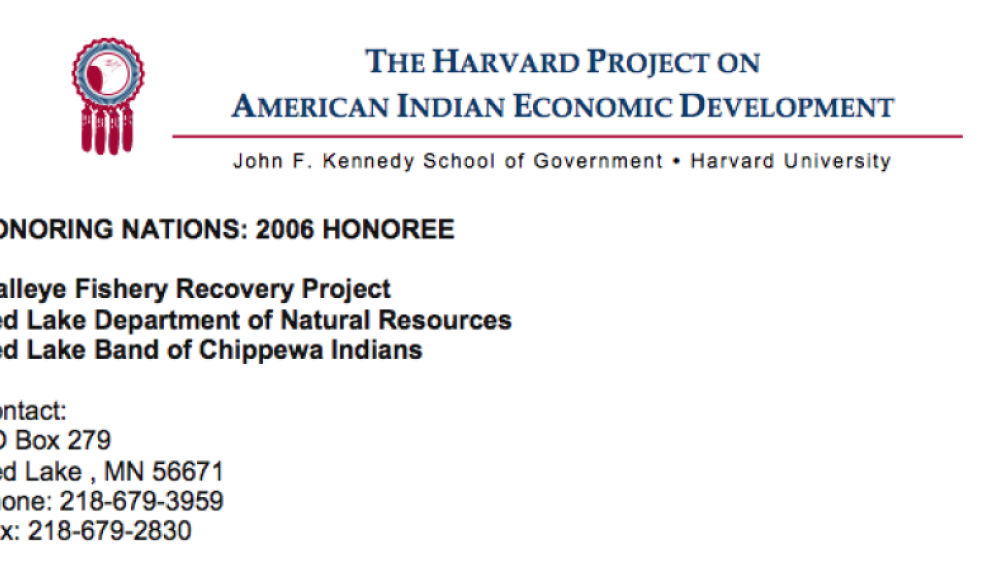
Red Lake Walleye Recovery Project
Clearly demonstrating that tribal nations not only have the ability to make large scale achievements in resource conservation, but that they can do so with unprecedented success, the Red Lake Walleye Fishery Recovery Project has brought the walleye fish population back from virtual extinction to an…
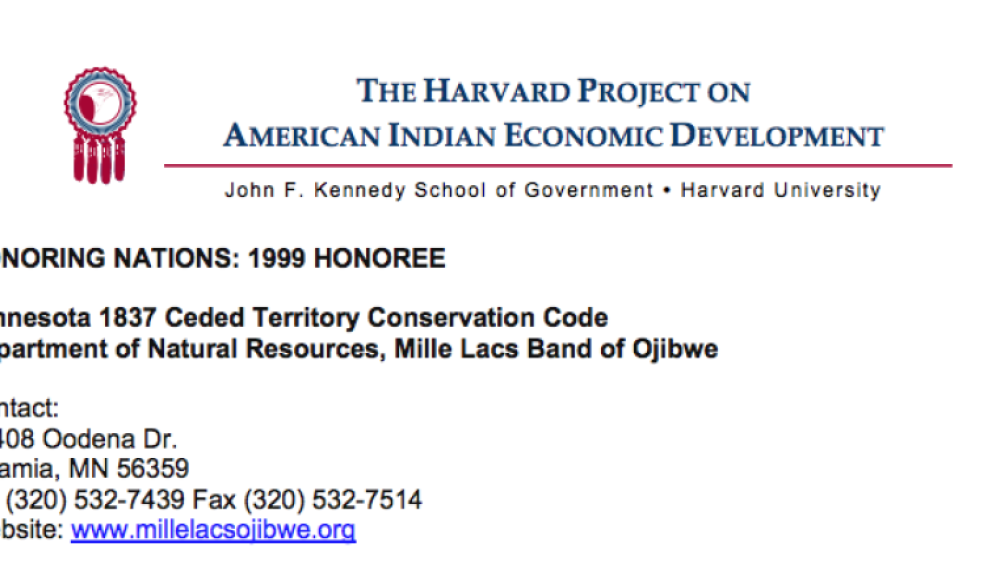
Minnesota 1837 Ceded Territory Conservation Code (Mille Lacs)
In 1997, the Band successfully developed a conservation code that enables the Tribe to exercise its treaty rights to hunt, fish, and gather. The Code sets out detailed hunting and fishing regulations for Band members that protect the natural resources while allowing for the continuation of…
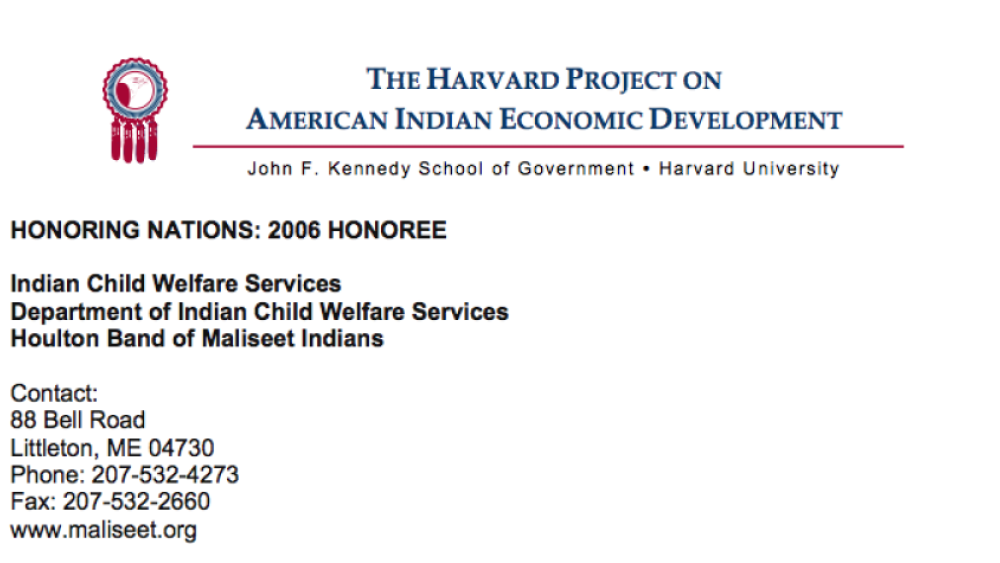
Houlton Band Indian Child Welfare Services
Seeking to establish collaborative working relationships with the state while firmly asserting sovereignty over Maliseet children, a Child Welfare Department was formed by the Houlton Band. The department created a Child Protective Team made up of professionals and volunteers to review and seek…
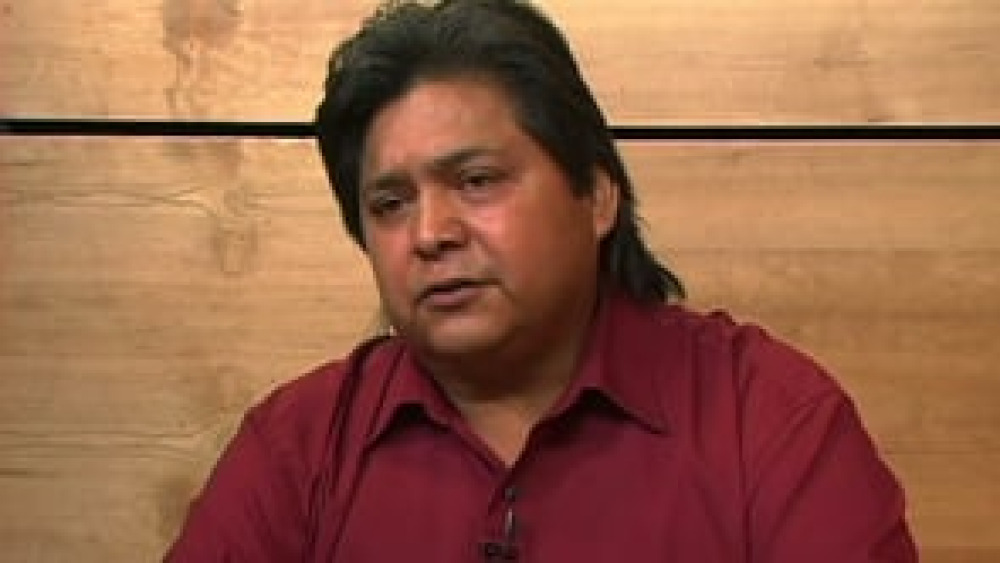
From the Rebuilding Native Nations Course Series: "What Successful Intergovernmental Relationships Require"
Native leaders explain the importance of Native nations building their capacity to effectively engage in the development and maintenance of intergovernmental relationships with other sovereign governments, stressing that doing so is a critical component of the full exercise of tribal sovereignty.…

Honoring Nations: Duane Champagne: Government-to-Government Relations
UCLA American Indian Studies Professor Duane Champagne briefly discusses the history and importance of intergovernmental relationships for Native nations, spotlighting th Flandreau Police Department as a striking contemporary example.
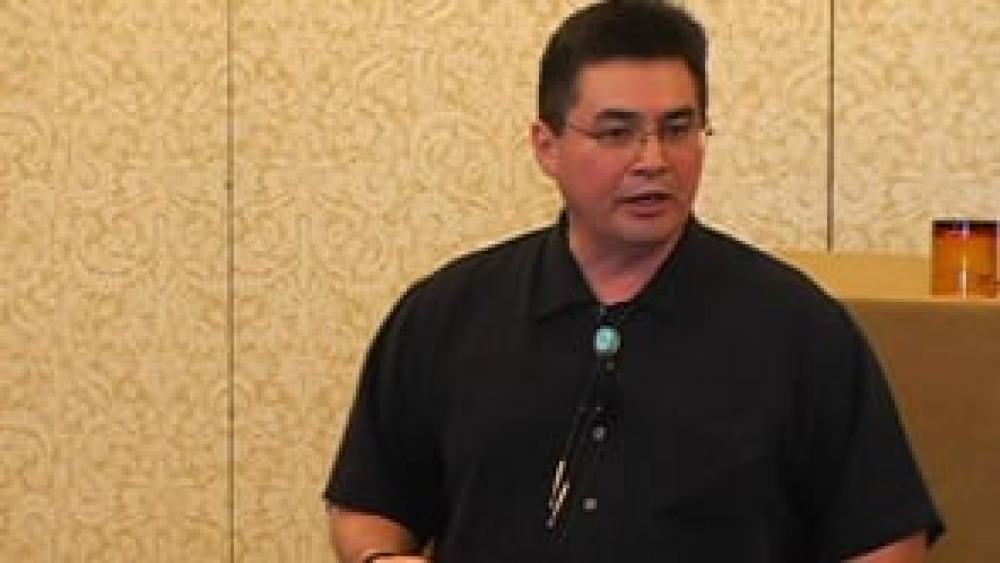
From the Rebuilding Native Nations Course Series: "Intergovernmental Agreements Are Nation-Building Tools"
Former Nez Perce Tribal Treasurer Jaime Pinkham discusses how intergovernmental agreements are becoming widely recognized as a vital nation-building tool for Native nations, amplifying their sovereignty and expanding their jurisdiction.
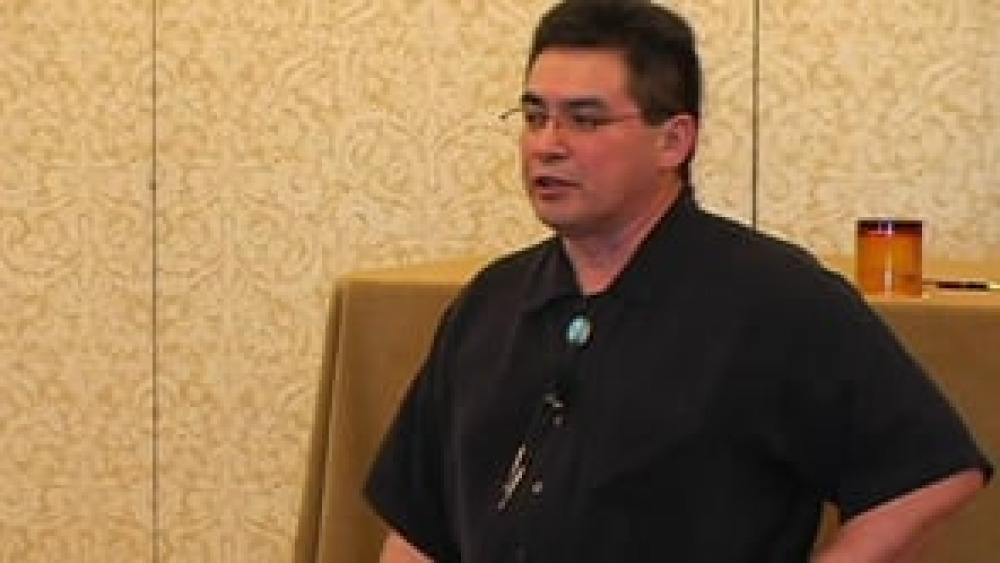
From the Rebuilding Native Nations Course Series: "The Benefits of Intergovernmental Relations"
Former Nez Perce Tribal Treasurer Jaime Pinkham discusses the concrete benefits of engaging in intergovernmental relations for Native nations.
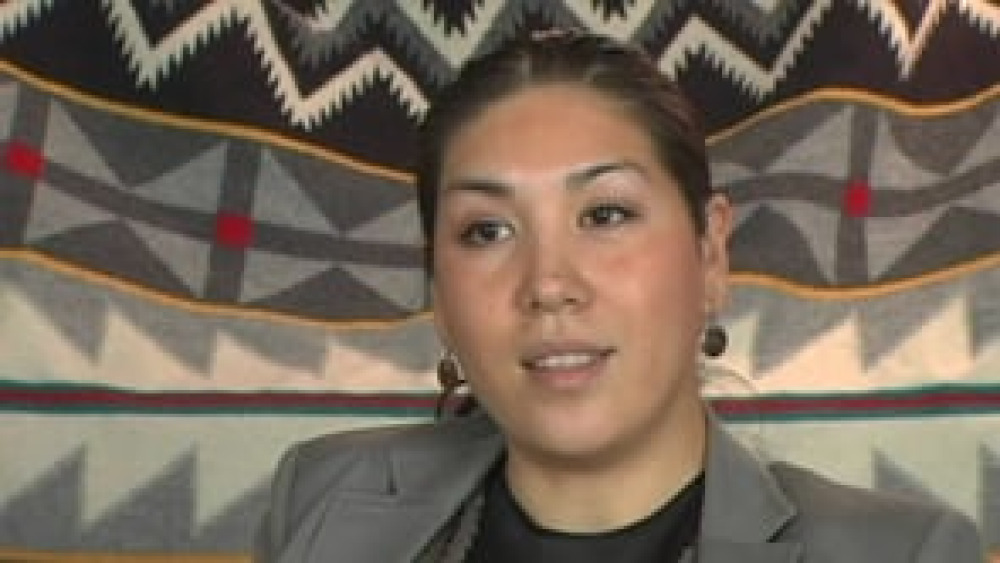
From the Rebuilding Native Nations Course Series: "Intergovernmental Relationships: Tools for Nation Building"
Native leaders discuss the ways that intergovernmental agreements serve as important nation-building tools for Native nations, strengthening their sovereignty and jurisdiction in the process.
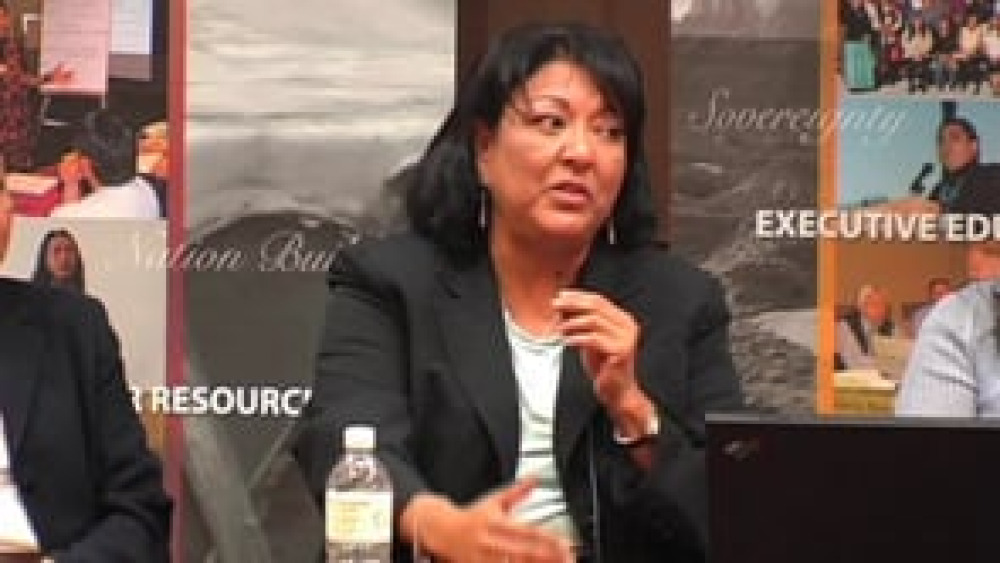
Sheila Morago, Jill Peters, and Theresa M. Pouley: Some Tools to Govern Effectively (Q&A)
Sheila Morago, Jill Peters, and Theresa M. Pouley field questions from the audience concerning lobbying, the importance of public education about tribal sovereignty and development, and how the Tulalip Tribal Court deals with fetal alcohol syndrome and its effects.
Return of the Red Lake Walleye (trailer)
The Native Nations Institute film Return of the Red Lake Walleye chronicles the extraordinary effort of the Red Lake Band of Chippewa Indians working together with the State of Minnesota and the federal government to bring back the culturally vital walleye from the brink of extinction and restore…
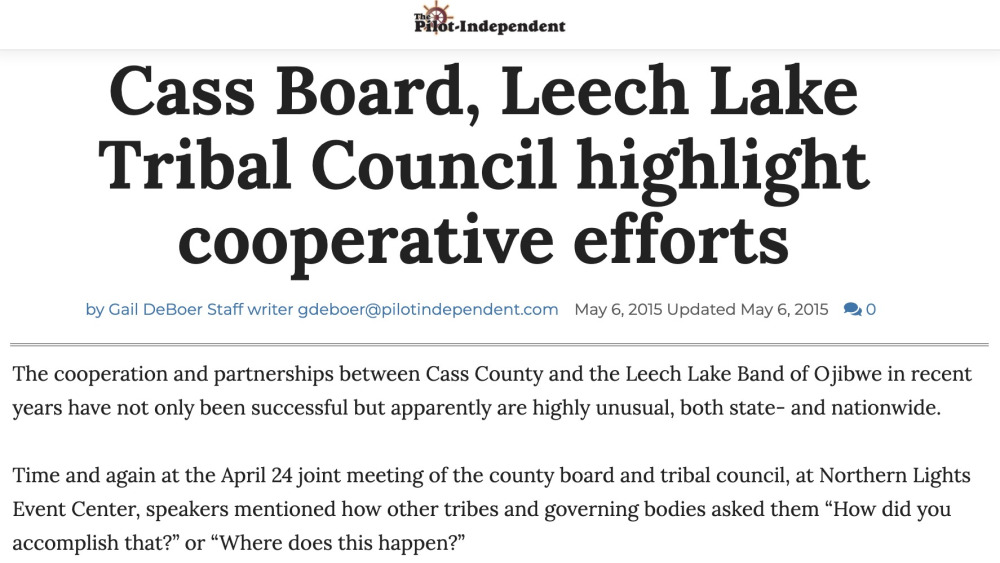
Cass Board, Leech Lake Tribal Council highlight cooperative efforts
The cooperation and partnerships between Cass County and the Leech Lake Band of Ojibwe in recent years have not only been successful but apparently are highly unusual, both state- and nationwide. Time and again at the April 24 joint meeting of the county board and tribal council, at Northern Lights…
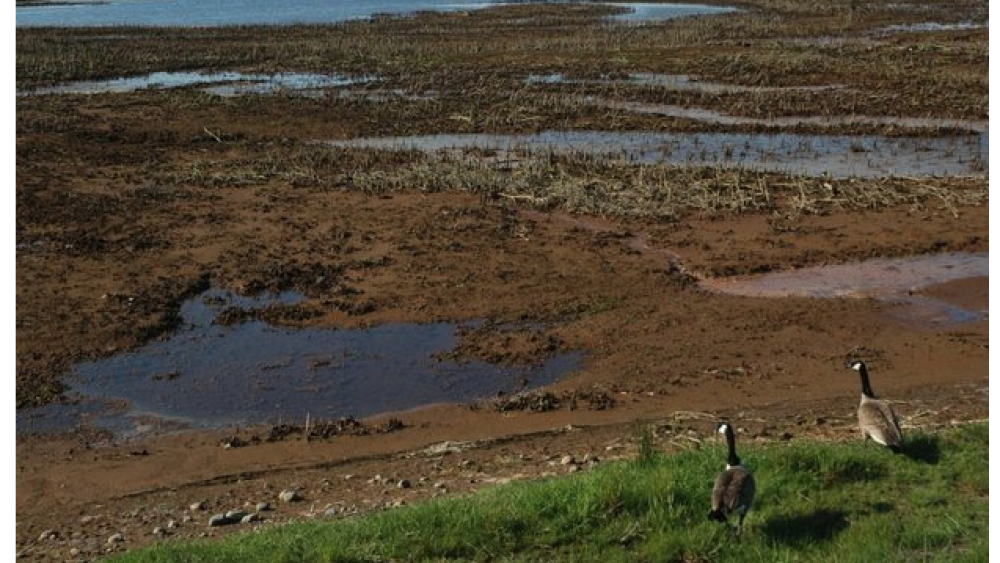
Washington joins Nisqually Tribe to develop new 1,300-acre state park in Mount Rainier foothills
Washington will develop a new 1,300-acre state park in the Mount Rainier foothills, about a 2.5-hour drive north of Portland/Vancouver. The Washington State Parks and Recreation Commission and the Nisqually Indian Tribe on Tuesday signed a partnership agreement for the collaborative development of…
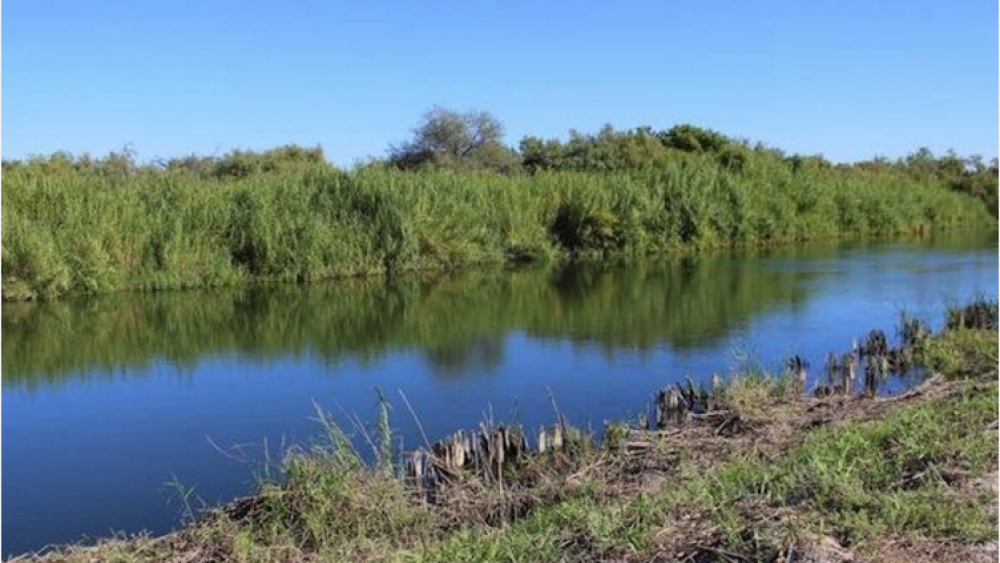
7 Tribal Programs That Protect Our Winged and Four-Legged Brothers
The news is full of sad stories about dying animals, species of all kinds being wiped out, and the random shooting of animals, among other depressing events. Amid all that it’s easy to forget that efforts aplenty are afoot to reverse the declines, save species, restore habitat and pull endangered…
